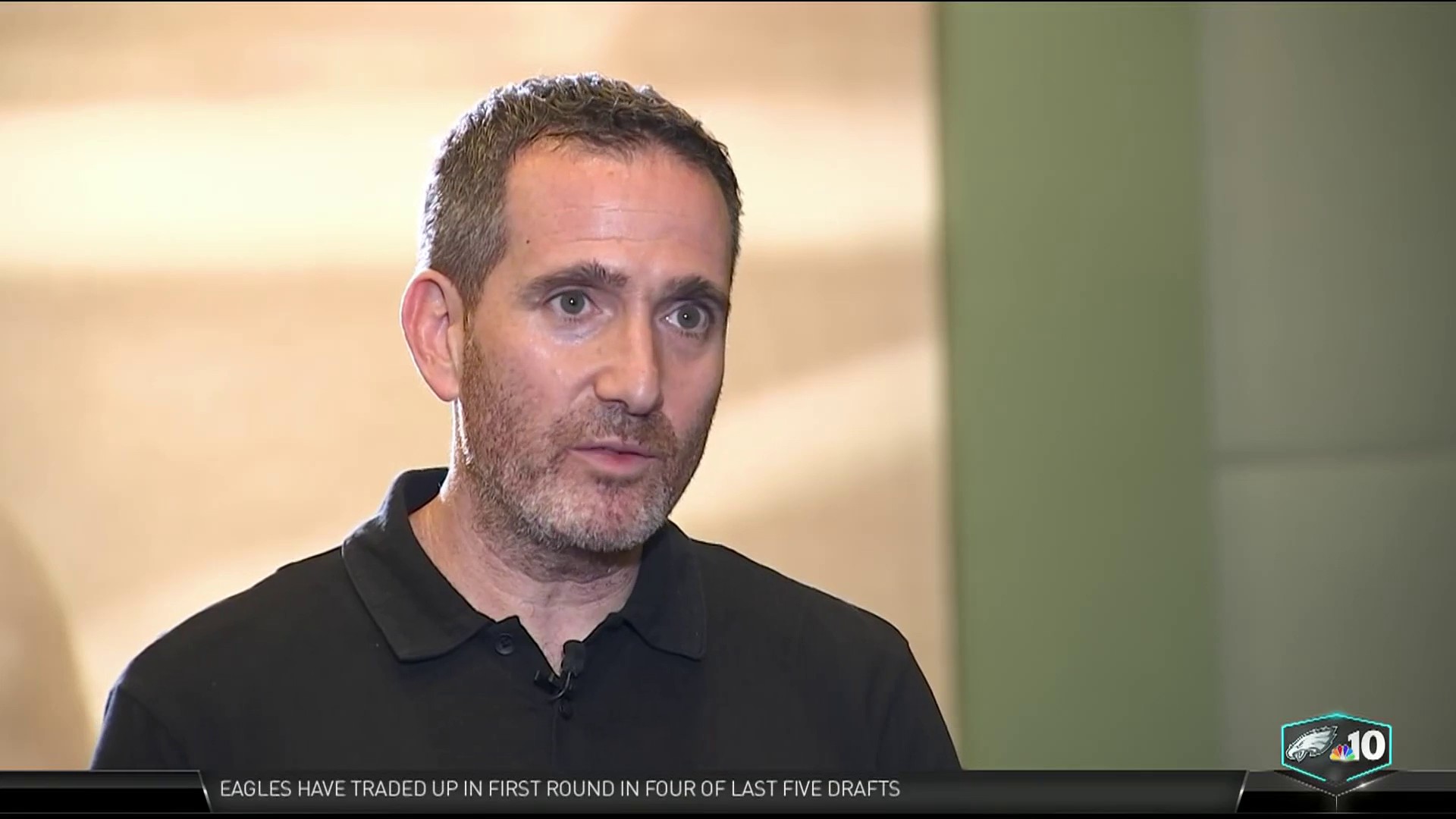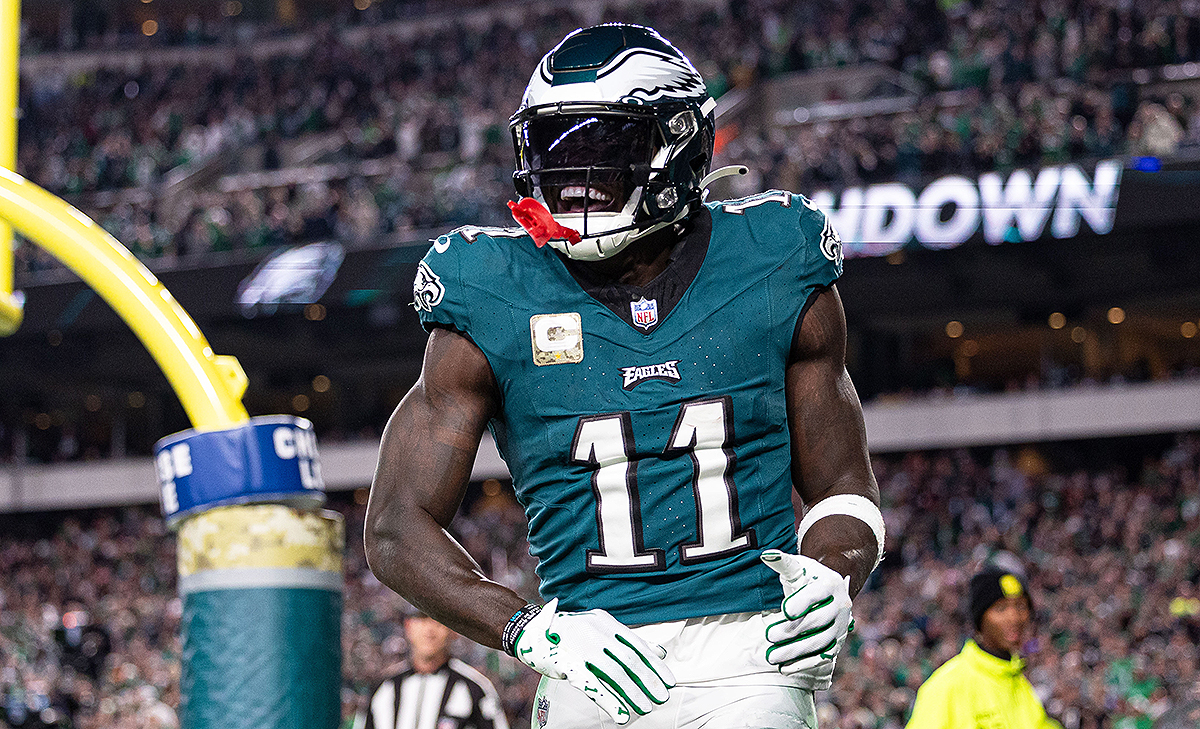As Carson Wentz rose up draft boards these past few months, or more appropriately, as the media caught up to the NFL scouting community, the same concern was being voiced ad nauseam. How could a kid who started 23 games at little North Dakota State possibly be worth the Eagles or any team trading up to the second overall pick in the draft?
Never mind Wentz possesses all the necessary traits - size, athleticism, accuracy, arm strength, poise, intelligence, leadership - to succeed at the next level. Never mind he dominated the competition he faced, posting a 20-3 record while guiding the Bison to a pair of national championships, Division I-AA or not. Wentz's accomplishments are questioned, even doubted because of where he played his college football.
But just how valid of a criticism is this anyway? After all, it's not as if small-school quarterbacks haven't gone on to win in the NFL.
Actually, it's occurred with some regularity.
Right this moment, for example, there are three starting-caliber signal-callers in the league from the Football Championship Subdivision. One, Joe Flacco out of Delaware, won a Super Bowl with the Baltimore Ravens. Another you should all be well-acquainted with is Eastern Illinois' Tony Romo, now the Dallas Cowboys' all-time leader in passing yards and touchdowns. And then there's Ryan Fitzpatrick, currently searching for a job, but coming off a season in which the Harvard grad led the New York Jets on a 10-6 campaign that came up just shy of the playoffs.
Of the three, only Flacco was taken in the first round, but is one of only four FCS quarterbacks prior to Wentz who can claim that distinction. And interestingly enough, all four went on to at least play in the Super Bowl - Doug Williams (Grambling) with Washington and Phil Simms (Morehead State) with the New York Giants won, while Steve McNair (Alcorn State) famously came up one yard short with the Teneessee Titans.
Heck, take the first-round pick out of the equation. Undrafted Kurt Warner out of Northern Iowa won one Super Bowl and played two more. Philadelphia native Rich Gannon was a fourth-round choice out Delaware and once appeared in the big game as well.
Philadelphia Eagles
Complete coverage of the Philadelphia Eagles and their NFL rivals from NBC Sports Philadelphia.
Either a quarterback has "it" and can play in the NFL, or he doesn't. Which university he attended isn't necessarily a factor.
In fact, over a quarter of the NFL's current crop of starting quarterbacks come from mid-major type programs where, frankly, the typical level of competition can't be significantly better than it is in the FCS. Ben Roethlisberger played at Miami, OH - won two Super Bowls. Alex Smith was at Utah before it joined the Pac-12 - went number one overall. Colin Kaepernick went to Nevada; Blake Bortles, Central Florida; Teddy Bridgewater, Louisville; and Derek Carr, Fresno State - some of the game's bright young passers right there.
These guys played in conferences like the Mid-American, the Mountain West, the American Athletic, Conference-USA and the Big East, where half the programs consistently finish below .500 and almost all are nationally irrelevant in any given year. Yet it wasn't a big deal, as all of them were selected in rounds one or two with few complaints about who or where they played.
Instead of judging the competition those quarterbacks played against, they were evaluated based on their skill sets, just as Wentz was by the Eagles and around the league. Time will tell whether he has "it," but he certainly has everything else NFL scouts look for when evaluating the position, even experience in a pro-style offense.
Where Wentz played is almost irrelevant. The speed of the game and complexity of NFL defenses might mean more of an adjustment period at most, but if he doesn't evolve, it won't be because he went to North Dakota State.



